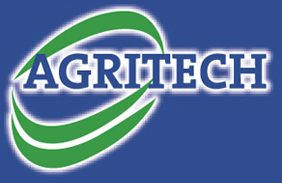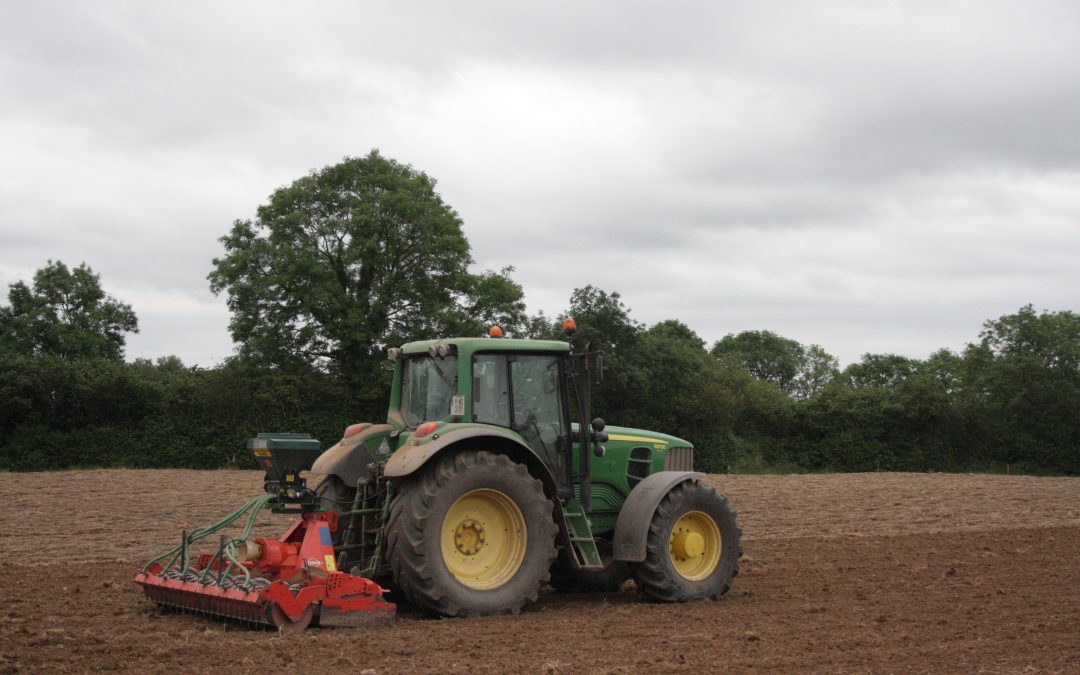With grass a key ingredient on livestock farms, reseeding is the most important factor for overall farm profitability as replacing old or rejuvenating existing ones will give one of the best returns on investment. Furthermore, reseeding will ensure a continued supply of high-quality forage throughout the year from both grazed grass and from the production of quality grass silage.
According to John Kenny, Sales Director at Agritech, “With autumn reseeding, timing is critical. On most farms, many fields grow less than 2 tonne DM/ha after the 1st August. At this stage, the key is to figure out which fields need attention most urgently and decide on the method of reseeding that best fits your requirements.”
Soil Fertility
Prior to reseeding, it is crucial to carry out soil tests for Phosphorus (P), Potassium (K) and pH, testing to a minimum of 10cm soil depth. Where soil fertility is at an optimum, it will require two to three bags of 10-10-20, plus 1 tonne of lime minimum, to provide enough P to feed the sward, kick start early growth, and allow the sward to reach its full potential. Too often, reseeding results disappoint solely due to the lack of a simple soil test beforehand.
Grass Seed Mixture
Our Tipperary Grass Seed range has a mixture to suit every requirement. The flagship premium mixture, Tipperary Grass No. 4A is suitable for intensive paddock grazing, whereas Tipperary Grass No.2 can be used for a less intensive grazing and silage systems. Tipperary Grass No.5 is designed to produce up to five cuts of high-quality forage, while the traditional Tipperary Grass No.3 is ideal for two cuts of silage, plus shoulder grazing.
Agritech have also developed the Renovation Overseeding Mixture which is specifically designed to extend the life of an existing sward.
Every mixture is treated with a unique biological seed stimulant called, GroQuik®, which accelerates germination and especially root growth in both grasses and clover. This will help to produce more grass on the farm, thereby reducing concentrate feed requirements. It is now well established that this production lasts for years following the sowing of the crop.
Post Management
All the benefits of reseeding can be lost after sowing if attention is not paid to weed and pest control. It is essential that post-emergence control of weeds such as docks and chickweed is carried out 4-6 weeks after emergence and not before the clover is well developed at the 3 leaf stage. It is also essential to watch out for the three most significant pests of reseeds, Frit Fly, Leatherjackets and Slugs, and treat accordingly.
For further advice on autumn reseeding or to choose a suitable grass mixture from the Tipperary Grass Seed range, click here.
Connect with us on SOCIAL MEDIA:
Twitter: https://twitter.com/AgritechIreland
Facebook: https://www.facebook.com/AgritechIreland


